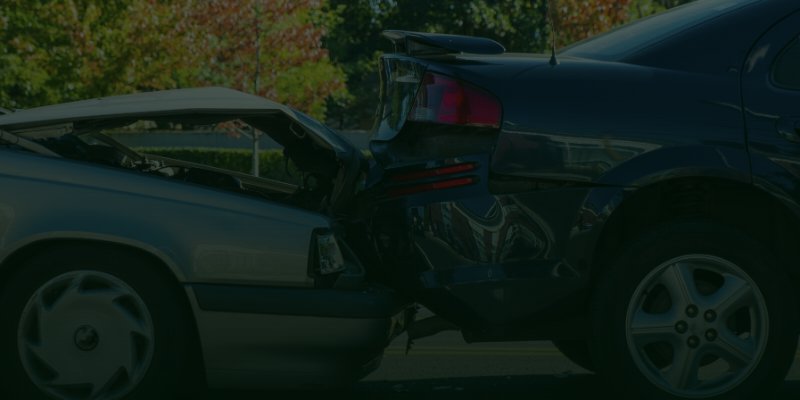We often think of rear-end collisions as minor fender-benders, but nationally, there were about 3,400 rear-end accident fatalities in 2022, the most recent year with fully collected data. Rear-end collisions account for about 17.3% of two-car collisions, including in Chicago, often with severe injuries.
With the escalation of distracted driving since the rise of smartphone technology, rear-end collisions increasingly occur at higher speeds than was common in the past, resulting in more serious injuries and wrongful death.
A rear-end collision is also sometimes called a “tailgating accident.” It occurs when one driver fails to stop in time to avoid a collision with the back end of the vehicle traveling directly in front of them. The most common causes of rear-end accidents in Chicago include the following:
In the vast majority of cases, the rear driver is at fault in a rear-end accident, but the front driver may be at fault—or may share fault—for the accident if their brake lights or rear taillights were out, if they braked suddenly or unsafely, or if they were “brake-checking” the rear driver intentionally.

Call Us If You've Been Involved in a Rear-End Car Accident
The crash force of a rear-end accident is significant, even when it occurs at lower speeds. Crash force calculations show that an average 150-pound motorist becomes a 5,250-pound force in a rear-end collision that occurs at only 35 miles per hour. Serious injuries occur in rear-end collisions, including the following:
In some rear-end collision accidents, the force of the crash propels the front car forward into an intersection, causing secondary collisions and further injury.
The consequences of a rear-end collision to injury victims can be severe, including property damage, medical expenses, lost wages, and significant pain and suffering. In some cases, a rear-end collision results in the wrongful death of a motorist.
Although the vehicle occupants in the rear car may also experience injuries, the harm is typically more severe to those in the front vehicle because they don’t see the accident coming and cannot brace themselves.
It can be difficult to keep a clear head after an accident when dealing with serious injuries, but if any of the involved motorists can use a cell phone safely—after calling 911 to report the accident—using the phone’s camera to take photos of the damaged vehicles and the details of the accident scene can help to recover the maximum in available compensation later.
It’s also critical to go directly to a hospital or urgent care center after the accident, even if the injuries seem minor. Getting immediate medical attention not only ensures emergency treatment for serious injuries but also documents the fact that the injuries occurred in the accident so the insurance company cannot dispute that claim later.
Proving liability in a rear-end accident isn’t always as straightforward as you’d think. Insurance companies commonly dispute aspects of the claim; for instance, they might try to assign a share of fault to the injury victim to reduce the payout on their claim or deny that the doctor-recommended medical treatment was necessary.
Instead of dealing with these tactics alone, call a car accident attorney in Chicago from Smith LaCien to represent your best interests throughout your claim. Contact us today!
"*" indicates required fields